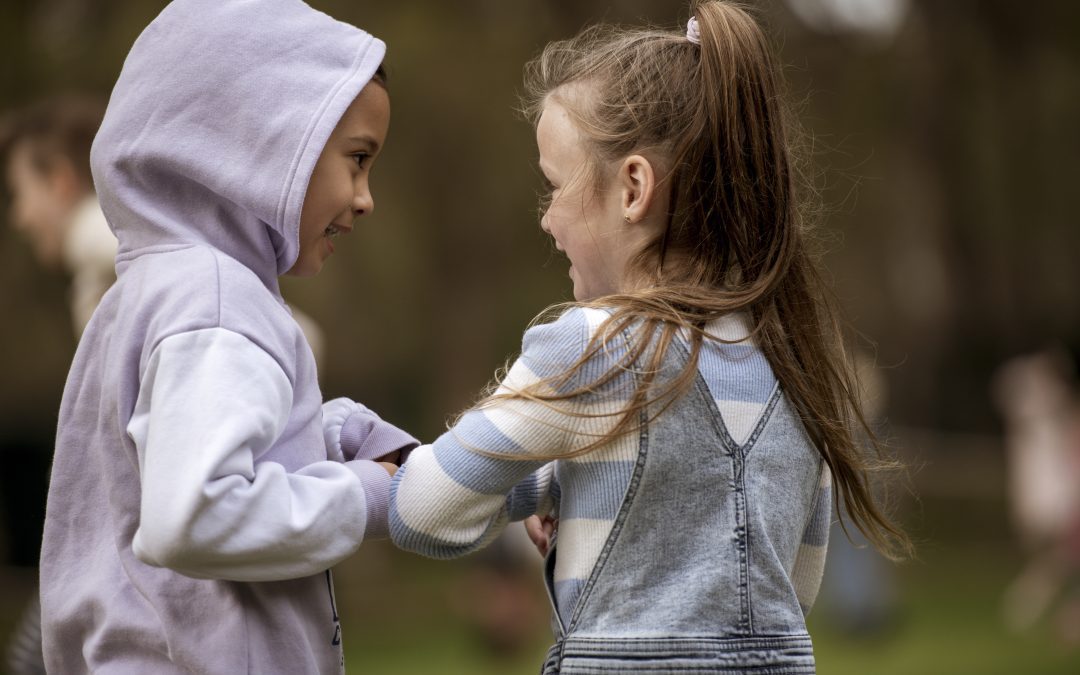Steiner education, also known as Waldorf education, is an approach to learning that places the development of the whole child—mind, body, and spirit—at the heart of its philosophy. Founded by Austrian philosopher Rudolf Steiner in the early 20th century, this educational model is gaining popularity among Australian parents who are seeking a more holistic and nurturing environment for their children’s education.
Aligning Education with Child Development
At the core of Steiner education is the belief that childhood is a unique stage of life, requiring an approach that supports children’s natural development. In a Steiner school, the curriculum is carefully designed to align with the developmental stages of children. This means that subjects and activities are introduced at the right time, when children are most receptive and ready to engage with them. For example, storytelling, imaginative play, and hands-on activities dominate the early years, while abstract thinking and intellectual pursuits are introduced later when children are developmentally prepared.
Nurturing Creativity and Imagination
One of the most distinguishing features of Steiner education is its emphasis on creativity and imagination. In a world that increasingly values standardisation and rote learning, Steiner schools offer a refreshing alternative where artistic expression is integrated into all aspects of learning. Whether through music, drama, painting, or crafts, children are encouraged to explore their creativity and develop their unique talents. This not only fosters a love of learning but also builds confidence and resilience as children learn to think creatively and solve problems in innovative ways.
Holistic Development Beyond the Classroom
The holistic approach of Steiner education also extends to the physical and social development of children. Physical activity, outdoor play, and connection with nature are central to the daily routine in a Steiner school. This helps children develop a strong sense of well-being, physical coordination, and a deep appreciation for the environment. Moreover, the emphasis on collaborative learning and community building fosters strong social skills and a sense of empathy and respect for others. In a Steiner classroom, children often stay with the same teacher for several years, allowing for deep and meaningful relationships to develop, which provides stability and a strong sense of belonging.
A Balanced Approach to Academic Success
Academically, Steiner education is often misunderstood as being less rigorous than conventional schooling. However, the approach is not about lowering standards but rather about engaging children in a way that makes learning meaningful and relevant to them. As a result, Steiner-educated children often develop a deep love for learning, and many go on to excel in higher education and their chosen careers. The emphasis on experiential learning and critical thinking equips students with the skills they need to navigate an ever-changing world.
The Bigger Picture: Preparing Children for Life
For Australian parents considering Steiner education, it’s important to know that this approach isn’t just about academic success; it’s about nurturing the whole child. Steiner schools aim to cultivate not only intellectual abilities but also emotional intelligence, social responsibility, and a sense of purpose in life. In an era where the pressures on young people are greater than ever, Steiner education offers a balanced and nurturing environment where children can thrive.
Is Steiner Education Right for Your Child?
Choosing the right educational path for your child is a significant decision, and Steiner education provides an option that respects and honours the individuality of each child. By fostering creativity, promoting holistic development, and nurturing a love of learning, Steiner schools prepare children to become confident, capable, and compassionate individuals ready to contribute positively to society.

